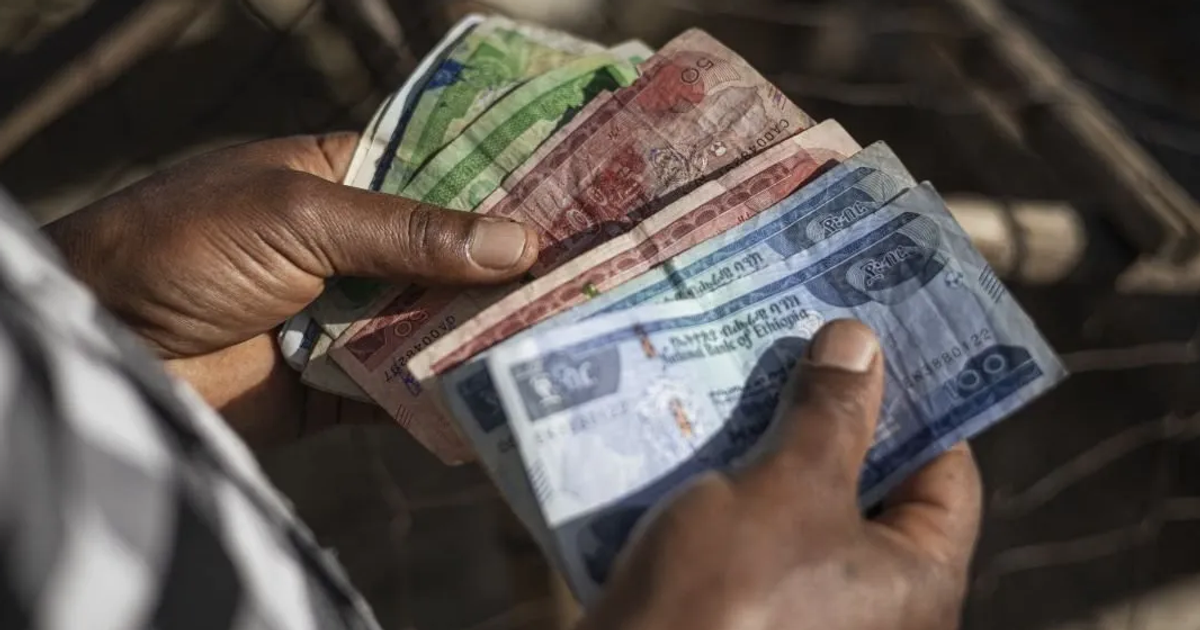•Cites global market turbulence, weak export earnings
By Uche Usim
The African Development Bank (AfDB) has projected that the naira and 20 other African nations’ currencies will depreciate by at least 6% between 2025 and 2026, citing heightened volatility in global financial markets as a major driver of currency pressure across the continent.
The projection is contained in the African Economic Outlook 2025, which highlights the growing vulnerability of African currencies to external shocks and market uncertainty.
According to the AfDB, the 21 African countries include Nigeria, Egypt, Ethiopia, Ghana, Rwanda, Zambia, Libya, and Zimbabwe. These declines are largely attributed to weakening export earnings and persistent macroeconomic headwinds.
This outlook, however, contrasts with the recent tone of optimism expressed by Nigeria’s apex bank. Just a week prior, Governor of the Central Bank of Nigeria (CBN), Olayemi Cardoso, announced a significant drop in foreign exchange (FX) market volatility, now reportedly below 0.5%.
“We are seeing a more stable exchange rate environment,” Cardoso said during a press briefing in Abuja after the 300th Monetary Policy Committee (MPC) meeting. “This improvement is the result of coordinated monetary and fiscal reforms designed to stabilize the macroeconomic framework, boost investor confidence, and enhance transparency in CBN operations.”
Cardoso emphasized that the improved FX outlook reflects growing foreign exchange reserves and a renewed sense of confidence from both domestic and international investors.
Nonetheless, the AfDB’s forecast signals caution. The report notes that while countries like Kenya, Morocco, and those within the CFA franc zone are expected to see currency appreciations of more than 3% against the US dollar—backed by robust market fundamentals—others may struggle with sustained depreciation pressures.
Looking back, the AfDB highlighted that in 2023 alone, 28 African currencies depreciated. However, by 2024, 17 of those countries either reversed those losses or slowed the pace of decline. For instance, the South African rand, which depreciated by 11.3% in 2023, managed a modest 0.7% appreciation year-on-year. Similarly, the Kenyan shilling rebounded by 3.1% in 2024, recovering from a steep 15.4% drop the previous year.
Still, for many African economies, depreciation rates remain steep—exceeding 30% in some cases—primarily due to domestic challenges such as large fiscal deficits, declining export revenues, low productivity, and political instability. The AfDB warned that such conditions, when coupled with global uncertainties, could further erode currency stability.
To mitigate these risks, the Bank recommends that African governments prioritize policies that bolster macroeconomic fundamentals, improve the value chain of exports, and implement structural reforms aimed at reducing foreign exchange volatility.
“African policymakers must confront both external shocks and internal weaknesses,” the report concludes.
“Strengthening economic resilience requires long-term strategic action to ensure sustainable currency stability in an unpredictable global environment.”
The message is clear: while reforms at home are producing encouraging signs in Nigeria, the wider continental and global context cannot be ignored.

















Leave a comment